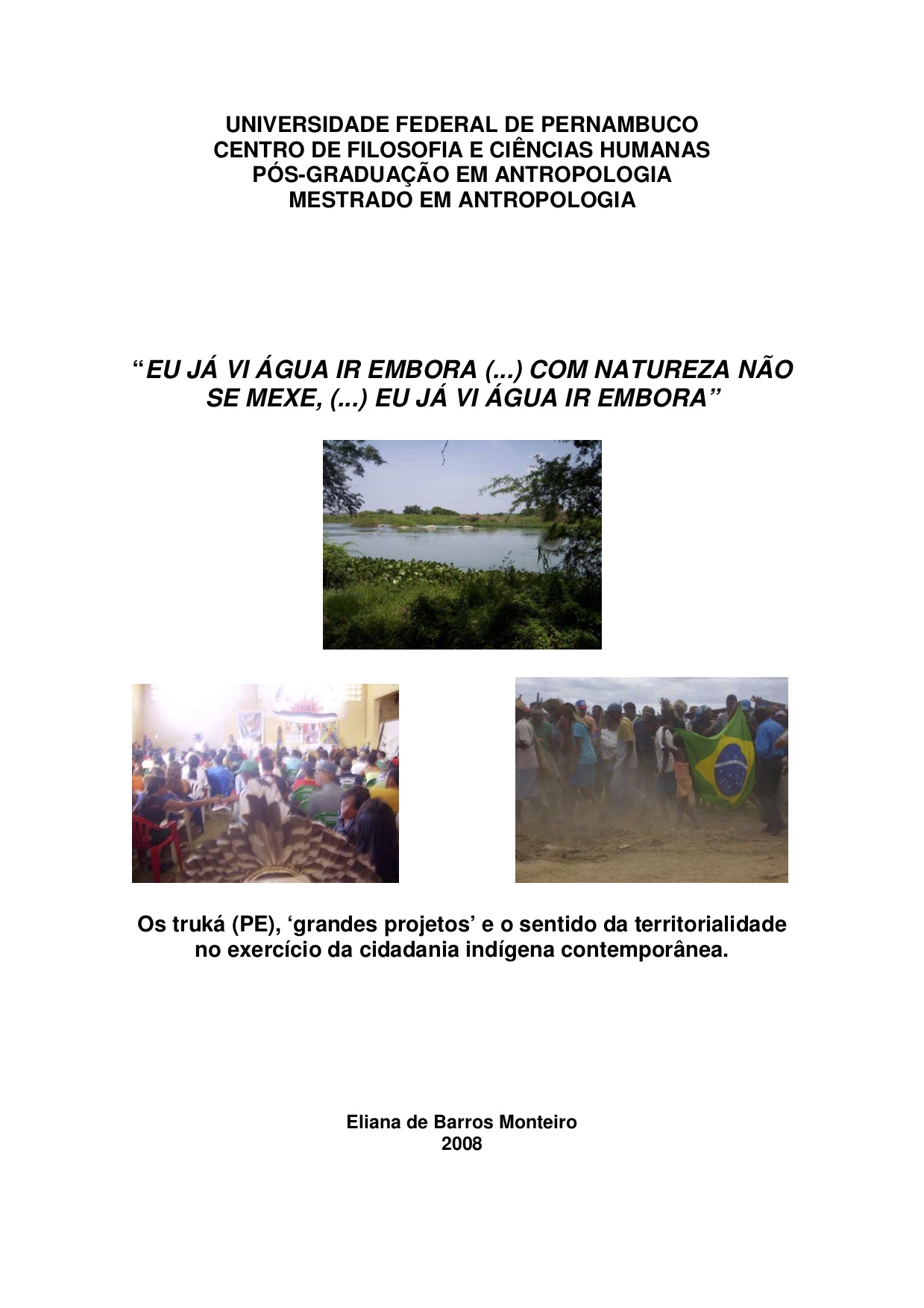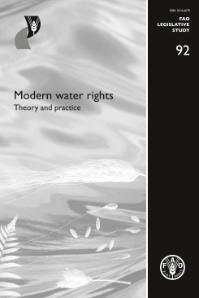Décret n° 2-00-474 du 17 Chaabane 1421 (14 Novembre 2000) fixant la procédure de reconnaissance de droits acquis sur le domaine public hydraulique.
Le présent décret fixe la procédure de reconnaissance de droits acquis sur le domaine public hydraulique. Ce texte définit la composition et le fonctionnement du cadre institutionnel de cette procédure. Ce décret abroge les dispositions de l'arrêté du 11 moharrem 1344 (1er août 1925) relatif à l'application du dahir du 11 moharrem 1344 (1er août 1925) sur le régime des eaux, en ce qui concerne la reconnaissance des droits de propriété, d'usage ou d'usufruit sur le domaine public hydraulique.




